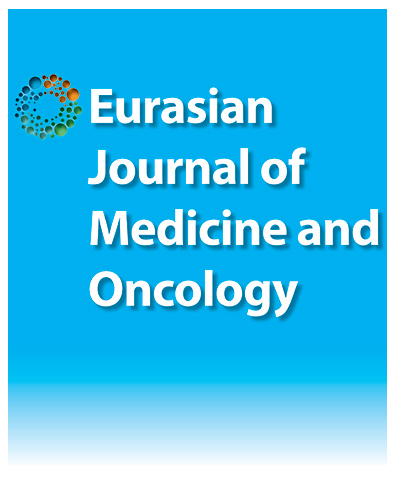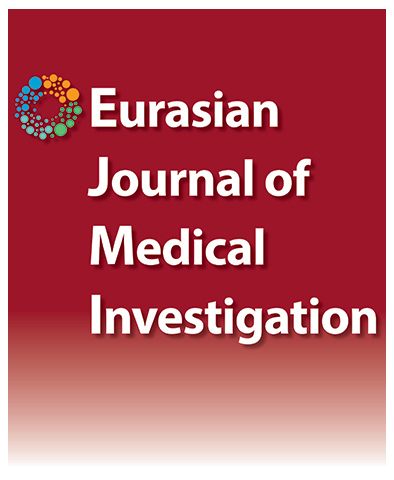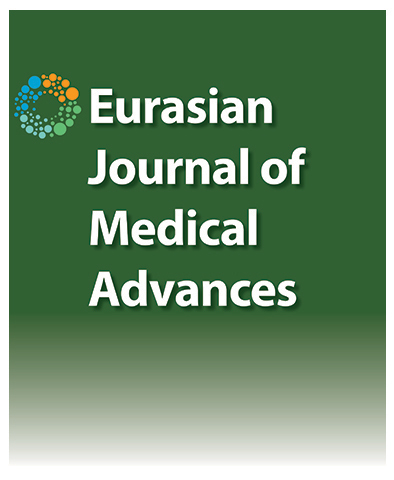Fertility Desire and Protection Practices Among Turkish Young Breast Cancer Patients Treated with Chemotherapy
Kubilay Karaboyun1, Eyyup Cavdar1, Yakup Iriagac1, SEHER YILDIZ TACAR2, Okan Avci1, SELCUK SEBER11Department of Medical Oncology, Tekirdag Namik Kemal University,Tekirdağ, Turkey.2Department of Medical Oncology, Bakırköy Dr. Sadi Konuk Training and Research Hospital, Istanbul, Turkey
Background. This study aims to reflect the oncofertility practice in Turkey as a developing country, by investigating young breast cancer patients' fertilization preservation attitudes and their post-treatment fertility status.
Methods. Young breast cancer patients(<42 years) examined for breast cancer follow-up at the medical oncology outpatient clinic were consecutively included in the study. Patients with metastatic, infertile, or no menstrual cycle at the time of diagnosis and women who were less than 3 years from their last chemotherapy cycle were excluded. A questionnaire on the desire for childbearing in the future, the fertility preservation preferences at the time of diagnosis, reproductive history was surveyed with patients
Results. 123 patients were enrolled in the study. 23.5% of the patients reported that they had a desire to give birth in the future at the time of diagnosis. For fertility preservation; 6 patients used embryo or oocyte cryopreservation, and 16 patients used LHRHa during chemotherapy.
Nulliparous patients were more likely than others who had at least one child to pursue fertility preservation (p=0.001) and to be interested in having children in the future (p< 0.001).
Conclusion. This study revealed that oncofertility practices should be encouraged to improve the quality of life of survivors along with cancer treatment in developing countries. Even with fertility preservation, the chances of a successful pregnancy are significantly low. Physicians should offer protection options to all patients regardless of their previous childbearing status, and fertilization counseling should also be discussed during all the post-treatment visits as well as pre-treatment settings.
Corresponding Author: Kubilay Karaboyun, Türkiye
Manuscript Language: English






